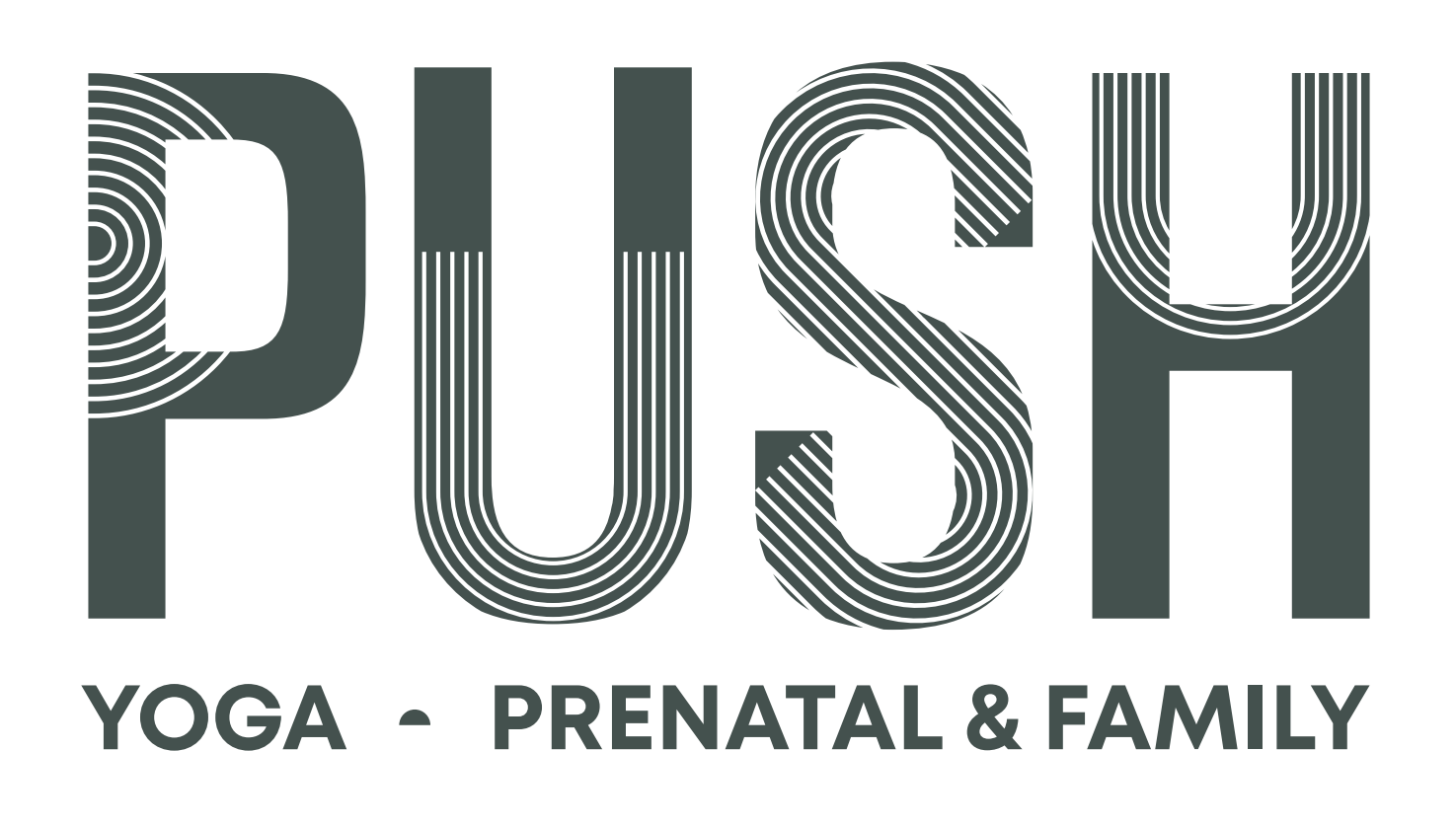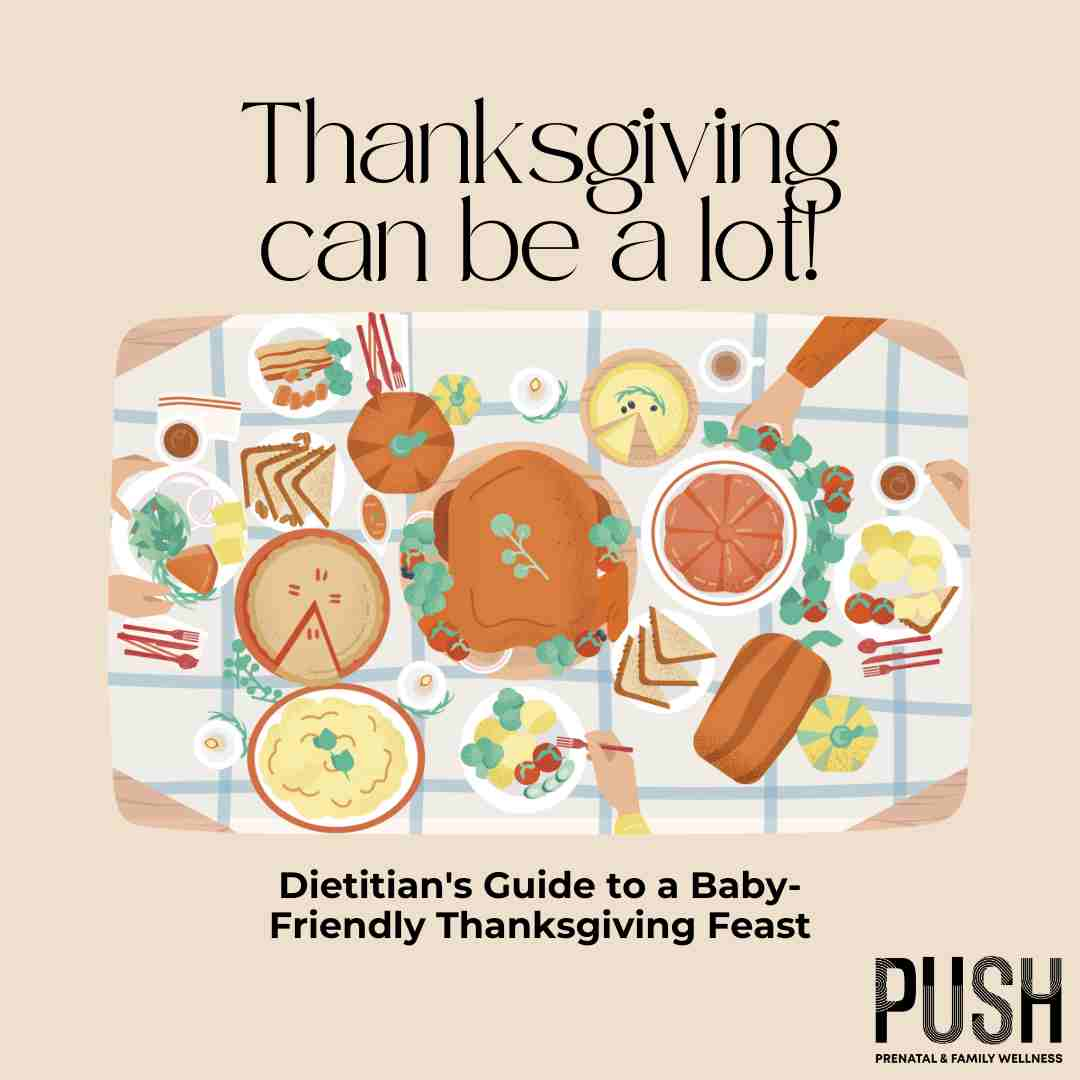Thanksgiving is a special time for families to come together and share a delicious meal. If you’re a parent with a baby, you may wonder how to introduce your little one to the joys of Thanksgiving while ensuring their diet is healthy and safe. Babies have unique nutritional needs, and as a parent, it’s essential to provide the right foods at this milestone. In this guide, we’ll cover the best Thanksgiving foods your baby can eat, all based on advice from pediatric dietitians and nutritionists.
Whether you’re celebrating your baby’s first Thanksgiving or introducing new foods during the holiday season, this guide will help you make informed choices about what your baby can safely enjoy at the table.
Key Considerations for Baby’s First Thanksgiving Meal
Before diving into the specific foods, it’s important to consider a few key guidelines when offering Thanksgiving foods to your baby:
- Age and Development Stage: Typically, babies can start solids around four-six months old, but they should already be showing signs of readiness, such as sitting up with minimal support, showing interest in food, and the ability to swallow safely.
- Avoiding Common Allergens: If you haven’t yet introduced common allergens (like nuts, eggs, or dairy), Thanksgiving might not be the best time to test them, especially if you’re away from home. Speak with your pediatrician or dietitian before introducing any new allergenic foods.
- Texture and Portion Size: Baby-friendly foods should be soft, easy to swallow, and served in small portions. Avoid choking hazards like whole grapes, large chunks of food, or anything hard.
Baby-Friendly Thanksgiving Foods
- Mashed Sweet Potatoes (Without Added Sugar) Sweet potatoes are a Thanksgiving staple, and they’re perfect for babies. Packed with vitamins A and C, fiber, and potassium, sweet potatoes are soft and easy for babies to eat. Just make sure they are mashed or pureed, and avoid adding sugar, marshmallows, or too much butter.
- Baby-friendly version: Mash cooked sweet potatoes with a bit of breast milk, formula, or water. For older babies, you can leave it slightly chunky for texture.
- Health benefits: Vitamin A supports vision and immune health, while fiber aids digestion.
- Plain Turkey (Shredded or Pureed) Turkey is the centerpiece of Thanksgiving and a great source of lean protein for babies. If your baby has already started eating meat, plain turkey (without skin or seasoning) can be a healthy addition to their plate.
- Baby-friendly version: Shred the turkey into tiny pieces or puree it with some water or broth. If your baby is still adjusting to textures, make sure it’s moist and easy to swallow.
- Health benefits: Turkey is rich in protein, iron, and B vitamins, essential for your baby’s growth and development.
- Steamed Vegetables (Carrots, Green Beans, Peas) Thanksgiving typically features a variety of vegetables, which can be perfect for babies as long as they’re cooked until soft and free of seasoning, salt, or butter. Steamed or boiled carrots, green beans, and peas are all great options.
- Baby-friendly version: Make sure the veggies are thoroughly cooked and mash them for younger babies. For older babies, offer them in small, bite-sized pieces.
- Health benefits: These vegetables provide important vitamins like vitamin C, fiber, and folate.
- Cranberry Sauce (Low-Sugar or No-Sugar) Cranberries are full of antioxidants, but traditional cranberry sauce is often loaded with sugar, which is not suitable for babies. However, you can make a baby-friendly version of cranberry sauce at home by using just fresh cranberries and water.
- Baby-friendly version: Cook cranberries with water until they burst and soften. For babies, you can strain the mixture or blend it into a smooth puree.
- Health benefits: Cranberries are rich in vitamin C and antioxidants, which help boost the immune system.
- Pumpkin Puree Pumpkin is a fantastic Thanksgiving food for babies. It’s naturally soft and full of nutrients, including beta-carotene, fiber, and potassium. Skip the store-bought pumpkin pie filling (which often contains sugar and spices) and opt for fresh or canned pure pumpkin.
- Baby-friendly version: Simply mash or puree the pumpkin and serve it as is. For added flavor, you can mix it with a small amount of breast milk, formula, or water.
- Health benefits: Pumpkin’s high fiber content helps with digestion, and beta-carotene promotes healthy vision and skin.
- Butternut Squash Another popular Thanksgiving vegetable, butternut squash is an excellent source of vitamins A, C, and E. It’s naturally sweet and can be easily mashed or pureed for your baby.
- Baby-friendly version: Steam or roast the butternut squash until soft, then mash it. You can add a little water to make it easier for babies to eat.
- Health benefits: Butternut squash is packed with antioxidants and supports immune function and growth.
- Unsweetened Applesauce Apples are often featured in Thanksgiving dishes like pies and stuffing, but they can also be served as a simple, healthy snack for babies. Unsweetened applesauce or soft-cooked apples are perfect for babies starting on solids.
- Baby-friendly version: You can easily make unsweetened applesauce at home by simmering peeled apples in water until they’re soft, then mashing or pureeing them.
- Health benefits: Apples are high in fiber and vitamin C, supporting your baby’s immune system and digestion.
- Soft Bread Rolls (Whole Grain) If your baby is already eating bread, soft whole grain rolls can be a part of their Thanksgiving feast. Whole grains provide fiber and essential nutrients that help with digestion and energy.
- Baby-friendly version: Tear small, soft pieces of bread for your baby to gum on. Make sure the bread is moist enough to avoid choking.
- Health benefits: Whole grains are rich in complex carbohydrates, B vitamins, and fiber, all of which contribute to your baby’s overall health.
Foods to Avoid at Thanksgiving
While there are plenty of baby-friendly Thanksgiving foods, there are also some foods to avoid during your baby’s first holiday feast:
- Stuffing: Stuffing often contains small, hard pieces of bread, nuts, or dried fruits, making it a potential choking hazard. It also tends to be high in salt, which is not suitable for babies.
- Gravy: Gravy is often high in sodium and may contain butter, flour, and other ingredients that are not baby-friendly.
- Mashed Potatoes with Butter or Cream: While potatoes themselves are fine, many mashed potato recipes contain added butter, cream, or salt, which should be avoided for babies.
- Pies and Desserts: Most Thanksgiving desserts like pumpkin pie, pecan pie, and cookies are loaded with sugar, which isn’t appropriate for babies. Stick to fruits like apples or pumpkin puree instead.
Tips for a Baby-Friendly Thanksgiving Feast
- Prepare Baby’s Food Separately: To ensure your baby’s Thanksgiving meal is healthy and safe, consider preparing their portions separately from the main dishes. This way, you can control the ingredients and avoid added sugar, salt, or spices.
- Introduce One New Food at a Time: If you plan to introduce any new foods during Thanksgiving, do so cautiously. Introduce only one new food at a time to monitor for any allergic reactions or sensitivities.
- Be Mindful of Textures: Depending on your baby’s age, ensure the food is appropriately textured. For younger babies, pureed or mashed foods are best, while older babies can handle more finger foods.
- Create a Fun Feeding Experience: Make your baby’s first Thanksgiving meal fun and memorable. Offer colorful foods like sweet potatoes, squash, and cranberries, and allow your baby to explore and taste new flavors in a safe environment.
Disclaimer: This blog post is for informational purposes only and is not medical advice. Always consult with your pediatrician, dietitian, or healthcare provider if you have any concerns or questions about introducing new foods to your baby, especially if they have allergies or other dietary concerns. In case of an emergency or allergic reaction, please contact your doctor or visit the emergency department immediately.



